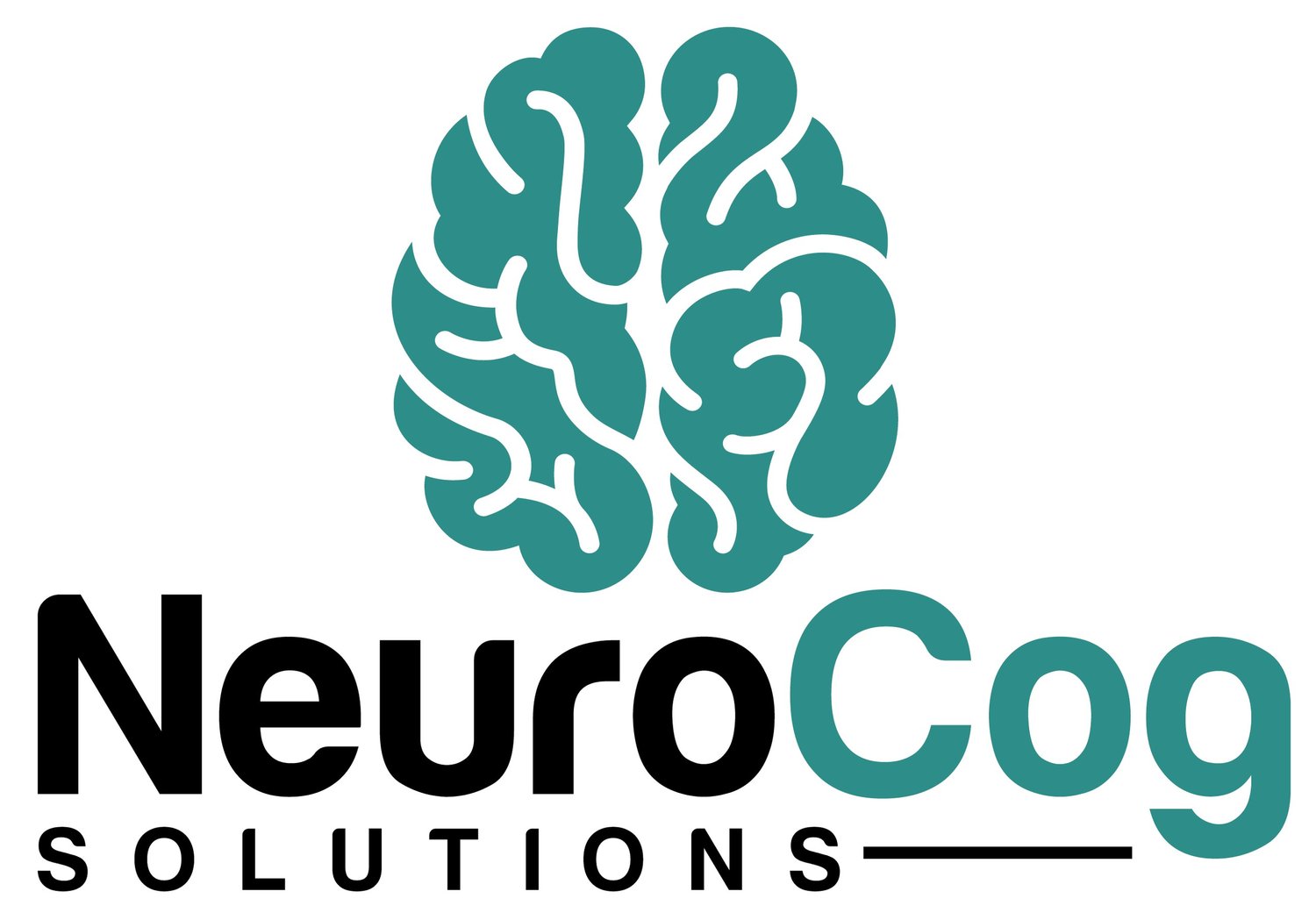Neuropsychological Evaluations during COVID-19
CAN NEUROPSYCHOLOGICAL EVALUATIONS BE PERFORMED VIA PHONE OR VIDEO?
YES!
Many healthcare clinicians, doctors, and patients are wondering – can a neuropsychological evaluation be performed remotely? Current research and best practice guidelines tell us the answer is yes, in light of current circumstances. Given the current state of the COVID-19 crisis, in-person office visits risk the health and safety of our patients, staff, and our larger community. Telehealth has come a long way, and offers necessary services to individuals from the safety of their own homes.
WHAT IS A NEUROPSYCHOLOGIST?
Neuropsychologists have specialty training in providing an array of services for neurological/cognitive disorders, including:
Testing: measures changes in cognitive skills
Diagnosing: such as distinguishing between different types of dementia
Treating (counseling and cognitive remediation): coping with injury or illness, learning how to adapt and manage cognitive changes, learning strategies to improve every day functioning
Fortunately, many of these services can be appropriately adapted to be performed via telehealth.
WHAT IS TELE-NEUROPSYCHOLOGY?
Tele-neuropsychology is defined as “the application of audiovisual technologies to enable remote clinical encounters with patients to conduct neuropsychological assessments.” In other words, your doctor can test your cognitive skills (like memory) from the comfort your home using real-time video.
WHAT CAN I EXPECT?
Neuropsychologists can conduct consultations, interviews, and perform several key tests via phone/video, all of which can help determine the presence and/or the degree of severity of a cognitive issue, and help answer patients’ and their doctor’s questions about level of cognitive functioning.
Similar to an in-person evaluation, we will first review your presenting problems and history, and then do a series of pencil and paper or verbal tests together.
SUPPORT FOR CAREGIVERS
Via telehealth, we can also provide support to patients and families who are having difficulty coping with the pandemic in the context of their cognitive limitations. Caregivers may experience even greater burden at this time as many day programs and services are limited. We can offer support to caregivers without ever leaving the home.
Although we are facing a time where the challenges are plenty, we are committed to meeting the needs of the community we serve.
Dr. Alison Tverdov
